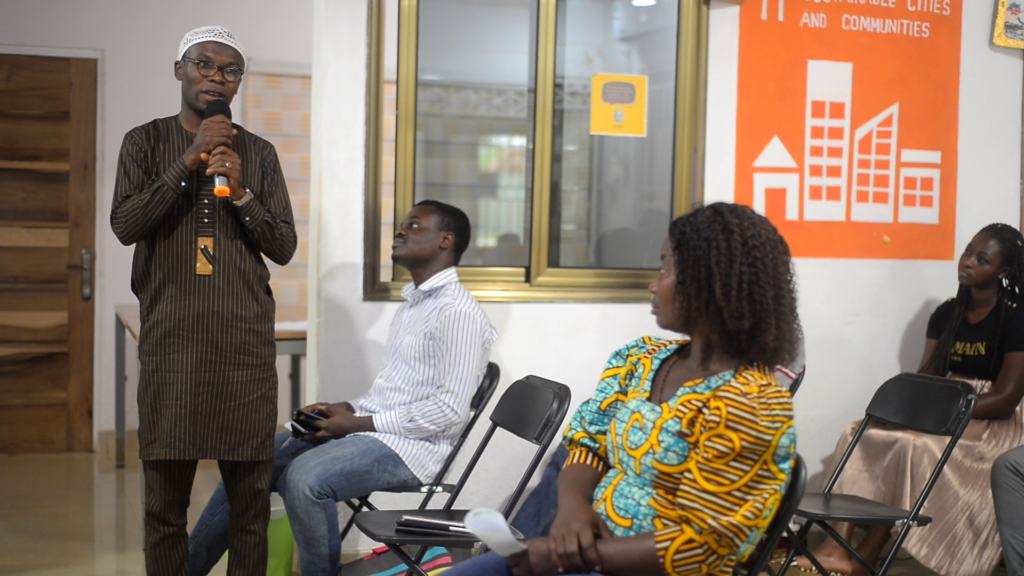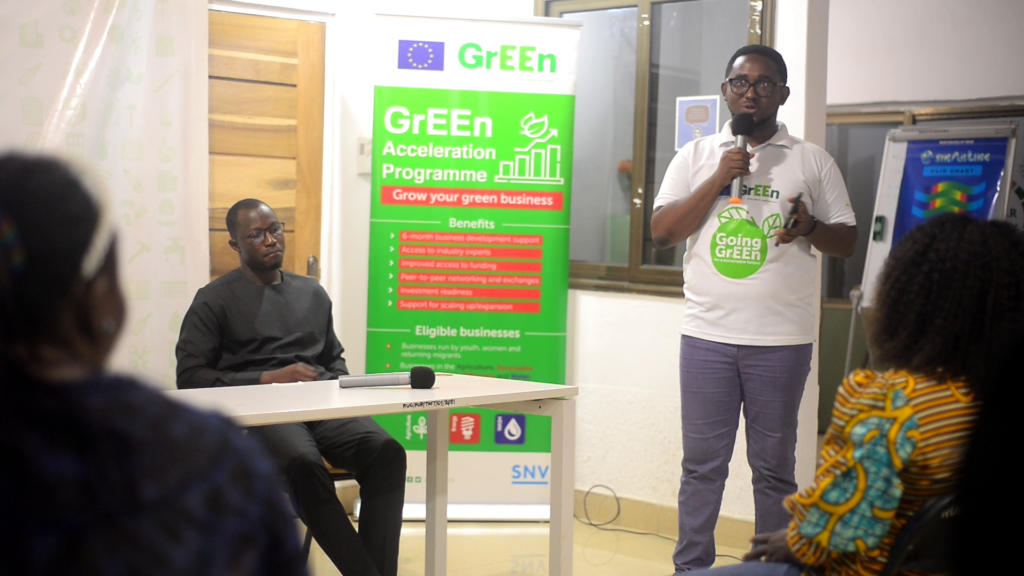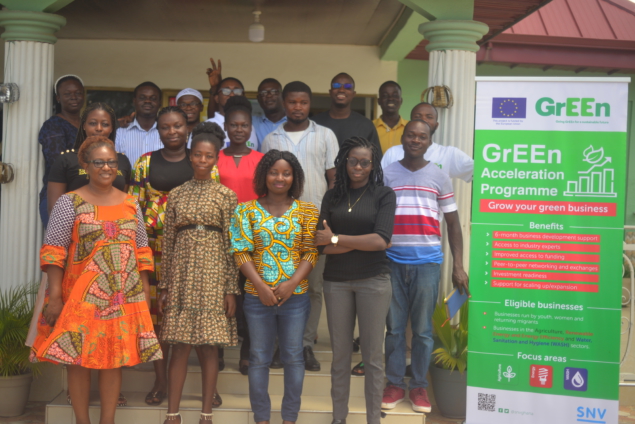
Audio By Carbonatix
Start-ups in the Ashanti region owned solely by women have begun a six-month business incubation programme organized by the Recycle Up! Ghana.
The training is to equip the participating start-ups with relevant business development skills and also provide financial support and investment exposure to their businesses.
Required conditions for setting up a business in Ghana have thrown many young entrepreneurs out of business.
Many start-ups in the country are confronted with numerous challenges to sustainably thrive, including financial support.
Rita Krampaah, a corporate trainer, attributes the seeming non-feasibility of these businesses to some entrenched regulations imposed on start-ups in Ghana.
She says the prerequisites including a residence permit and business advice by these start-ups are elusive.

“The rules and regulations in the system are not flexible for entrepreneurs to thrive. You need to be paying taxes, the support, capital and even the space. If these things are available, many people will go into entrepreneurship,” she said.
Emmanuella Appiah, who started her entrepreneurial journey a few years ago, says she is challenged with the wherewithal to survive the economic situation in Ghana.
Her outfit is into recycling plastic wastes into eco-friendly materials for construction works.
“Getting suppliers have been a major problem now. Money for the technical tools to thrive the business has not been easy,” she said.
Recycle Up! Ghana, a business incubator, has been organising business development training for start-ups in Ghana over the years.
The six-month training focuses on businesses in the waste, agriculture, sanitation and hygiene, and renewable energy sectors.

Project Lead, Obinkyere Acquah, explains the training sessions will equip the all-female participating start-ups to scale up.
“They will go through a six month phase of incubation, containing mentorship, business development, afterwards we’ll help them with GrEEn support and access to market and finance.
"We’ll also help these businesses to scale-up and support them obtain their legal accreditations,” he said.
So far, 12 small and medium-scale enterprises in the Ashanti region have undergone the training under two different cohorts.
The incubating start-ups are anticipating a life-changing six-month programme.
“After this incubation period, I’m expecting to get a lot of capacity building, market linkage, network and financial support,” Founder of Archi Pee, Priscilla Nkrumah, said.
Latest Stories
-
Uproar as UG fees skyrocket by over 25% for 2025/2026 session
14 minutes -
Japan PM joins fight for more female toilets in parliament
1 hour -
Ga Mantse declares war on fishing industry child labour
2 hours -
Adom FM’s ‘Strictly Highlife’ lights up La Palm with rhythm and nostalgia in unforgettable experience
3 hours -
OMCs slash fuel prices as cedi gains
4 hours -
Around 40 dead in Swiss ski resort bar fire, police say
4 hours -
AFCON 2025: Aubameyang and Nsue make history among oldest goalscorers
5 hours -
Ghana is rising again – Mahama declares
7 hours -
Firefighters subdue blaze at Accra’s Tudu, officials warn of busy fire season ahead
7 hours -
Luv FM’s Family Party In The Park ends in grand style at Rattray park
7 hours -
Mahama targets digital schools, universal healthcare, and food self-sufficiency in 2026
7 hours -
Ghana’s global image boosted by our world-acclaimed reset agenda – Mahama
8 hours -
Full text: Mahama’s New Year message to the nation
8 hours -
The foundation is laid; now we accelerate and expand in 2026 – Mahama
8 hours -
There is no NPP, CPP nor NDC Ghana, only one Ghana – Mahama
8 hours

